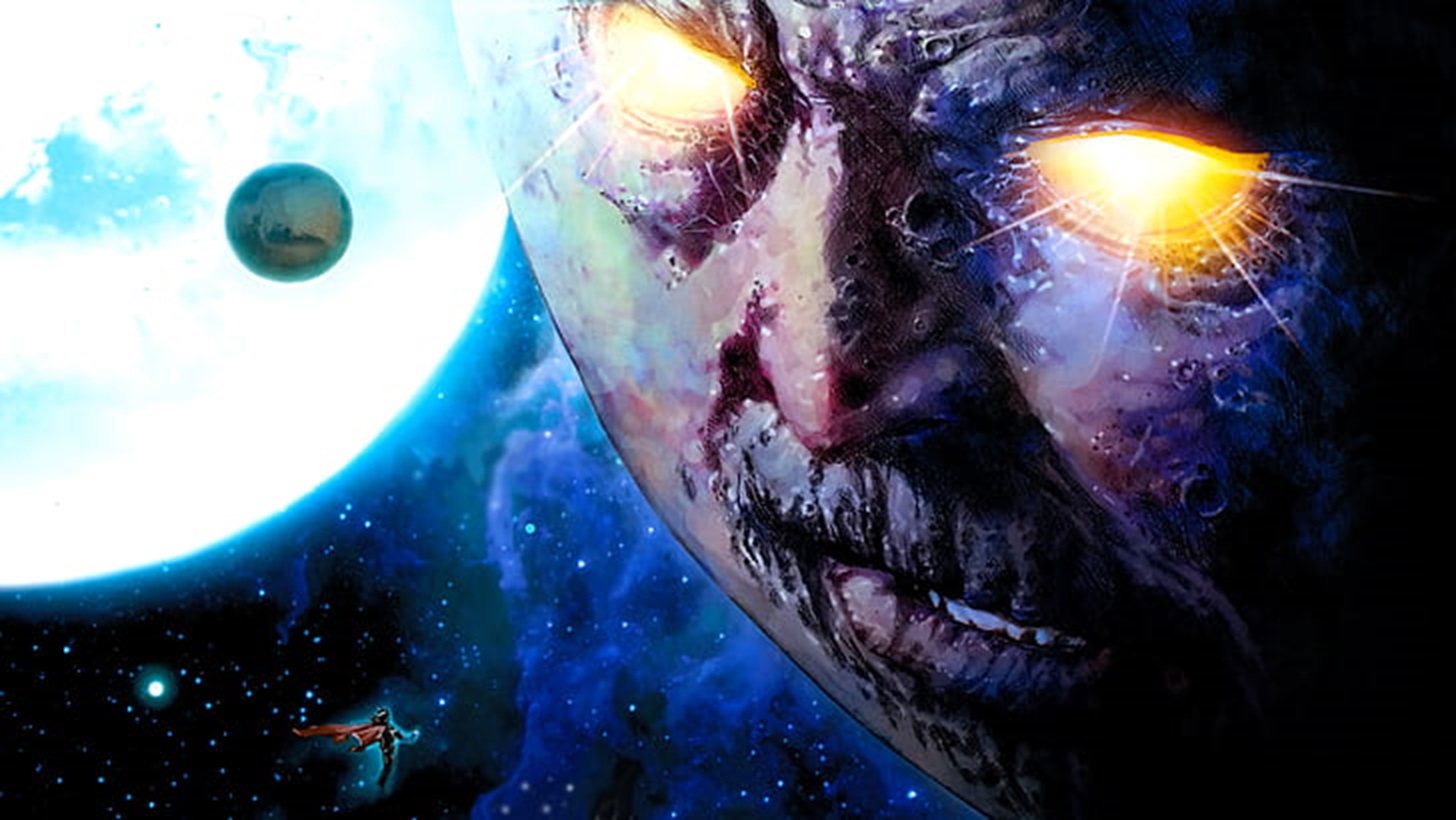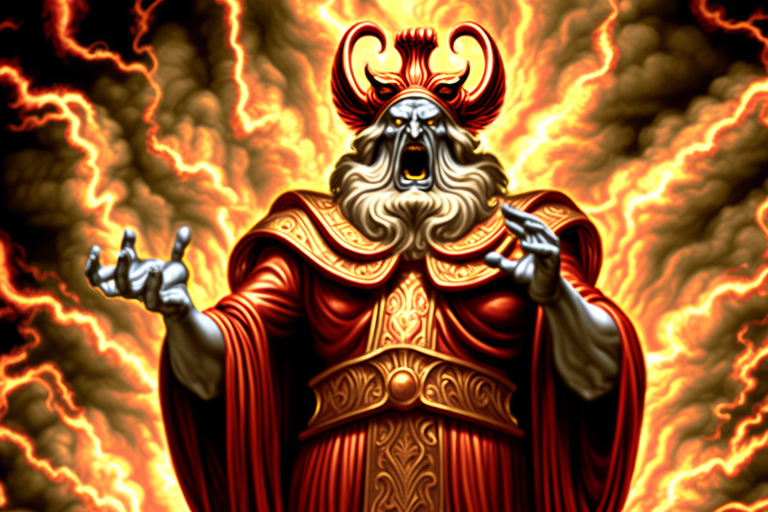Logical systems aren’t very spontaneous in nature, obviously. They are in fact the very antithesis of spontaneous. For this reason, existing within a system, without being able to see what lies outside of that system, carries with it an immense danger – the danger being that when we accommodate ourselves to the system so as to operate more effectively within it, this act of adaptation will deprive us of all the spontaneity that we have within us, which is the spontaneity of life itself.
For a logical system spontaneity is the enemy – it is something that needs to be ironed out. This isn’t to say that the system of logic recognises spontaneity for what it is, it is incapable of that. For a system there are only two things –‘right’ and ‘wrong’, ‘signal’ and ‘error’. Either something is <allowed> or it is <not allowed>, these are the only two possibilities. Everything’s very straightforward in this way – there are no nuances. Logic is not nuanced- the logic of the situation has to be followed to the letter and that’s all there is to it. Any obstacles or impedances to the rule of logic are going to be summarily removed, removed without ever giving the matter a second thought.
It is in the nature of logic to be like this – obviously enough – but it is not in our nature. The difference between what our nature is and what the nature of logic is couldn’t be greater; saying that one is chalk and the other is cheese doesn’t even come close – we’re talking about two antithetical worlds here (or at least we would be if the world of logic were actually a world, which it isn’t). When logic serves us – or works on our behalf – then this profound dissonance doesn’t matter in the least (it doesn’t matter in the least since we do not feel obliged to mimic or obey or conform to the tool) but when the tables get turned on us (which happens without us ever knowing that it has) then the ‘disparity of natures’ that we are talking about here becomes very significant indeed. It becomes the cause of very great suffering on our part.
When the tables get turned on us – and thought becomes our master instead of our servant – then we are immediately obliged to try our level best to adapt to thought’s ‘scheme of things’. It’s not just the case that thought ‘bosses us around’ (which of course it does, on a regular basis) but rather that it tells us ‘what is real and what is not real’ and we have no way of questioning or doubting what it tells us. This really is the most extraordinary thing and not at all the way we usually look at the thinking mind; what we’re saying here – put very simply – is that thought (when it gains the upper hand and reverses the natural order of things) create realities for us to live in that are 100% false (in that they are not reality) and we – in our turn – are absolutely incapable of questioning these so-called ‘realities’.
This combination (the combination of thought functioning by manufacturing false realities and of us being constitutionally unable to question them) isn’t good news for us, obviously enough. When the Gnostics declared that this world of ours was created and is maintained by a tyrannical pseudo-deity with profound antipathy towards its human servants) they weren’t letting their imaginations run away with them. This isn’t just ‘an ancient conspiracy theory’, it is a very clear and practical description of our actual psychological situation. Thought is the ‘False God’.
The External Authority (the False God of thought) isn’t just unsympathetic to our actual nature, it regards all manifestations of our inherent nature as being random errors which absolutely have to be eliminated. What else would we do with errors? Inasmuch as thought is a machine for identifying and correcting errors (which it is) it is also a machine for erasing all traces of ‘who we actually are’, and replacing ‘who we actually are’ with its own image of us, its own politically correct version of us, its own two-dimensional ‘mock-up’ of us.
We can think of a child who is born into a very controlling / judgmental family (which to one extent or another is not a particularly unusual situation); when we find ourselves – as a child in a harshly judgmental/controlling environment such as this – we have no option other than to accommodate ourselves as best we can to what is expected of us. We don’t know anything else aside from the reality that we’ve been presented with – we have nothing else to go on – and so what else are we to do? No matter how distorted, no matter how twisted or pathological the game we are driven to play is, we have no choice but to go along with it. And not only do we have to ‘go along with it’ we are obliged to believe it too. We have no choice but to try to ‘do well within the terms of the game that has been foisted upon us’ and – furthermore – we have no way of knowing that it is only a game. We are ‘maximally vulnerable to a ruthless predator’, in other words.
The system of logic is an abusive parent and in order not to be abused any more than can be helped we adapt to the situation that it provides for us to the best of our ability. This is what Philip K Dick calls ‘service in error’. As a small child, I will become whatever I have to become in order to win the approval / acceptance of my parents. I have no choice in the matter if I am to survive, as Gabor Mate points out, and in the same way we will – in the struggle – to survive become whatever we have to become in order to be accepted by the social matrix into which we have been born. The social matrix (which is the external manifestation of the System of Thought, our so-called ‘personal’ thoughts being the internal aspect) tells us what is real and, just as in the case of a child adapting as best they can to the family they find themselves part of, we are obliged to struggle 24/7 to conform to whatever it is that society tells us is real. When we’re able to pull this off this is what we call ‘being successful’. This is what is meant by that word ‘success’.
The word ‘success; simply means that we have been able to conform correctly to the external template, the external all-determining framework. This external framework has absolutely nothing to do with us, and it has absolutely nothing to do with reality either, and yet – so we are led to believe – success is the greatest thing there is and once we have achieved this then our life will turn into a bed of roses. We’ll be like pigs in clover, we’ll be laughing all the way to the bank, we’ll never look back – ‘success’ is the key to everything, apparently. This is however a very great joke (a very great joke that we never get) – how can life become a ‘bed of roses’ for us just because we have managed to become profoundly alienated both from reality and our own true nature? How is that supposed to work, exactly? We have managed to accord with what the system upholds as ‘the ideal’ and we get plenty of bonus points for this but the currency we get rewarded with doesn’t work outside of the system and the system – by its very nature – is fundamentally divorced from anything real.
I might be a success therefore, but only at the price of ceasing to be ‘an actual rounded human being’. I have had to become something that isn’t truly human – a ‘partial’ human, perhaps. If we leave aside the idea of being a rip-roaring success, we can say that we become a regular socialised human being (either successful or unsuccessful) only at the price of no longer being ‘genuine’. We become a ‘cardboard cut-out’ of a person in other words, because that is the system’s view of what a person should be. It can’t be rounded because thought doesn’t do ‘rounded’ – instead, it’s a very thin slice, an infinitely thin ‘abstract slice’ that has been shaved off from the Whole. This is ‘the right way to be’ according to the System of Thought but the System of Thought – as we have just said – has no connection with anything real. It’s only valid because it itself says that it is; it’s only ‘the right way to see things’ because it has surreptitiously excluded all other voices, which is the same trick that is used the world over by all tyrants, all abusers.
Adaptation to the official view of reality (which is compulsory within the terms of the system) takes us away from Wholeness therefore, and so instead of being ‘rounded’ we become very thin slices of who we actually are, we become slices that are ‘too thin to be real’. We become ‘fractions who believe themselves to be complete’, as Joseph Campbell says. It turns out that losing our spontaneity – which is what happens when we adapt to logical system – is to lose everything. It turns out that to adapt to the system is to lose our connection with what’s real. It turns out that the non-spontaneous life – which is to say, the ‘prescribed’ life – isn’t any sort of life at all.
Image – pinterest.ie






